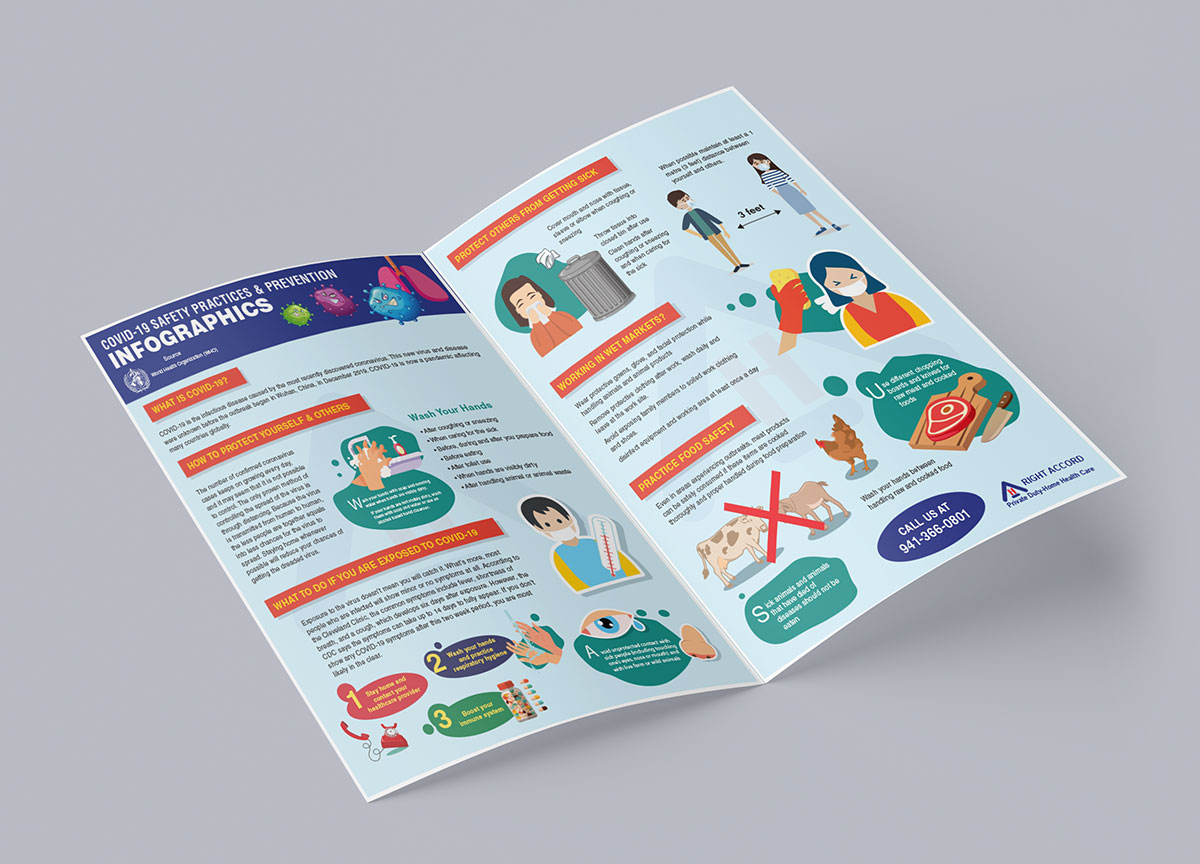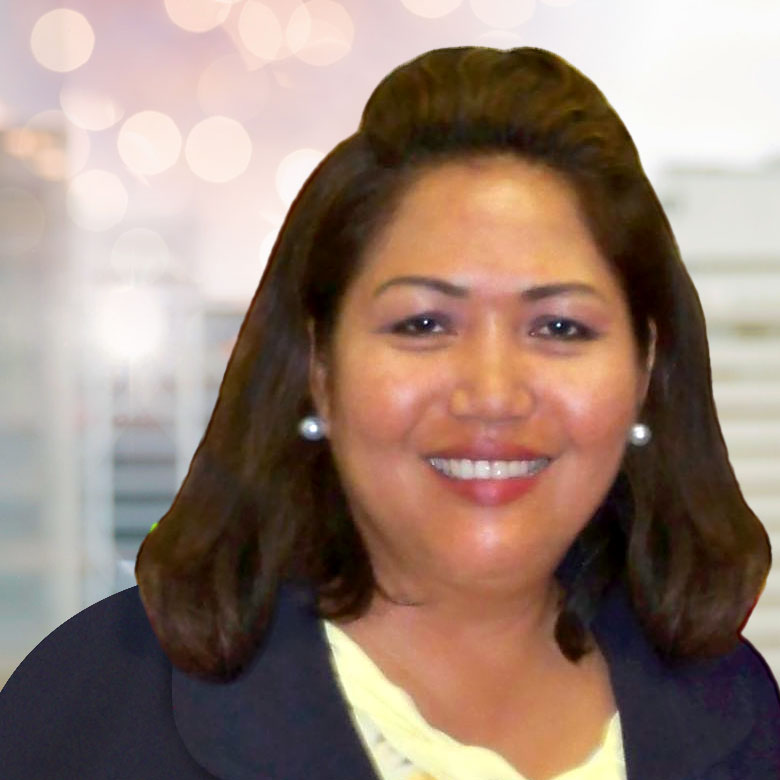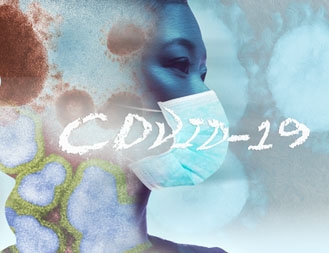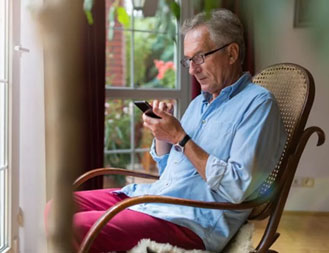COVID-19 Pandemic Edition
FREQUENTLY ASKED QUESTIONS AND ANSWERS ABOUT COVID-19 AND THE ELDERLY
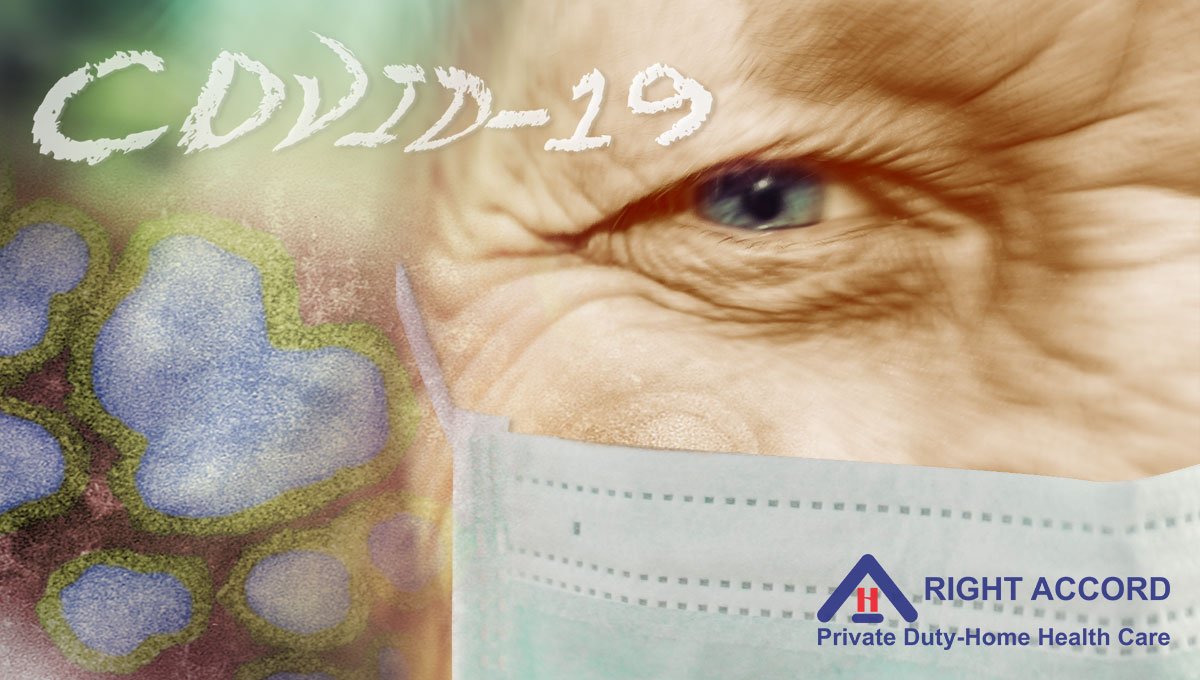
The COVID-19 pandemic poses a great threat to the safety of our elderly's health around the world. The elderly and the aged people are exposed at a greater risk to the the disease so protecting them from the virus should be everybody's concern right now. Here, we try to give answers to some of the most common questions about COVID-19 and the elderly, and advice some precautionary measures older people should take to counter the disease.
Q: What is COVID-19?
A: According to the U.S. Department of Health and Human Services/Centers for Disease Control and Prevention (CDC), COVID-19 is a virus (more specifically, a coronavirus) identified as the cause of an outbreak of respiratory illness first detected in Wuhan, China.
Health experts are closely monitoring the situation because little is known about this new virus and it has the potential to cause severe illness and pneumonia in some people.
Q: Are elderly people at increased risk for COVID-19 infection?
A: Based on early reports from China, where COVID-19 first started, shows that older adults are at a higher risk of getting very sick from this illness. COVID-19's case fatality rate increases with age, according to China's data.
Q: Why are older people at greater risk?
A: Our immune system weakens as we age, the systems our bodies use to fight disease wear down and this makes us more vulnerable to infections of all types. Not only does the body have a harder time fighting off new infections like Covid-19; it’s also more likely to be afflicted by chronic diseases such as heart disease, diabetes and lung disease that make the immune system weaker. And any sort of challenge to the body can do more damage including organ failure.
Q: What precautions should elderly people be taking related to COVID-19? Is there anything I can do beyond handwashing to protect myself/ my elderly member?
A: If you are at higher risk for serious illness from COVID-19 because of your age, it is extra important for you to take actions to reduce your risk of getting sick with the disease.
The first thing you can do is to take care of your health, regularly wash your hands with soap and water for at least 20 seconds. If soap and water is not available, use an alcohol based hand sanitizer with at least 60% alcohol.
Cover your coughs or sneezes with a tissue, or cough and sneeze into your elbow not your hands. Avoid contact with people who are sick. Clean and disinfect surfaces in your homes such as counters, tabletops, and door knobs to remove germs.
The next thing you can do is to make a plan of what to do if you get sick. Know who will take care of you if your caregiver get sick. Talk to your healthcare provider about getting extra necessary medications to have on hand. Get enough supplies too, including enough household items and groceries so you can stay home for a few weeks if you have to.
The third thing you can do is to pay attention to what's happening locally. If COVID-19 is spreading in your community, stay home as much as possible and avoid crowds. If you get sick with fever, cough or shortness of breath, call your healthcare provider.
If you develop warning signs such as difficulty in breathing, persistent pain or pressure in your chest, confusion, or blueness of the lips or face, this maybe signs of serious illness, call 911 immediately.
Q: Is it safe for me to go to work?
A: During a COVID-19 outbreak in your community, stay home as much as possible to further reduce your risk of being exposed. The US government is implementing additional measures to reduce the risk of older people becoming infected. president Donald Trump has urged older Americans to stay home for the next 15 days.
Q: Is it safe for me/my elderly member to travel?
A: We strongly recommend elderly people not to travel in the US or internationally at this time. The CDC recommends that people at increased risk for COVID-19 avoid traveling by airplane and on cruise ships.
Q: Should I stockpile medicines or supplies?
A: The CDC recommends you have access to several weeks of medicines and supplies in case you need to stay home for prolonged periods of time. Know what medications your loved one is taking and see if you can help them have extra on hand. Monitor food and other medical supplies (oxygen, incontinence, dialysis, wound care) needed and create a back-up plan.
Q: Should I wear a face mask? Will that help protect me?
A: If you are sick: You should wear a facemask when you are around other people (e.g., sharing a room or vehicle) and before you enter a healthcare provider’s office. If you are not able to wear a facemask (for example, because it causes trouble breathing), then you should do your best to cover your coughs and sneezes, and people who are caring for you should wear a facemask if they enter your room. Learn what to do if you are sick.
If you are not sick: You do not need to wear a facemask unless you are caring for someone who is sick (and they are not able to wear a facemask). Facemasks may be in short supply and they should be saved for caregivers.
Q: This situation has caused a lot of anxiety in me and my family. What can I do?
A: Many elderly people and their concerned children are experiencing anxiety because of all the uncertainty around COVID-19, particularly because of the higher risk. The WHO and CDC provides proper information on coping with the fear and anxiety caused by the COVID-19 outbreak. Keep updated on what's happening in your community and take immediate actions whenever possible.
Q: Where can I get more information about COVID-19?
A: To get more information about COVID-19, please visit the following websites:
World Health Organization - Coronavirus Disease (COVID-19) OutbreakCenters for Disease Control and Prevention - Coronavirus (COVID-19)
Florida Health - 2019 Novel Coronavirus Response (COVID-19)

